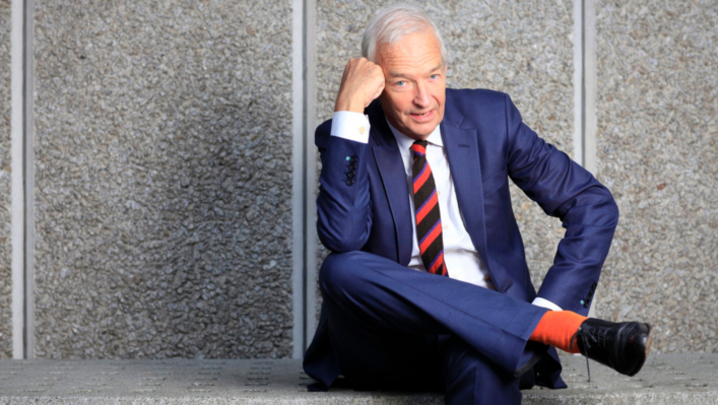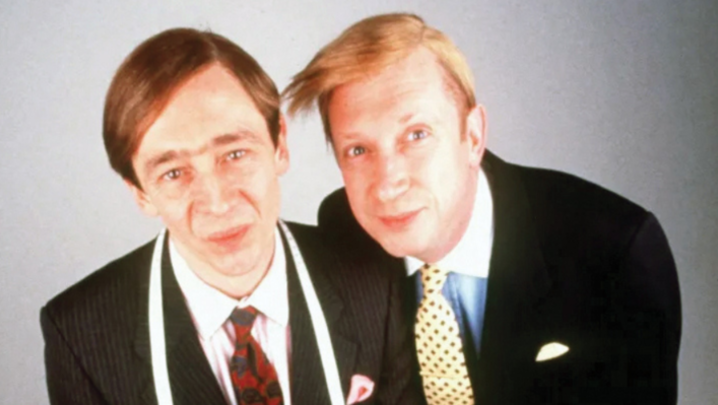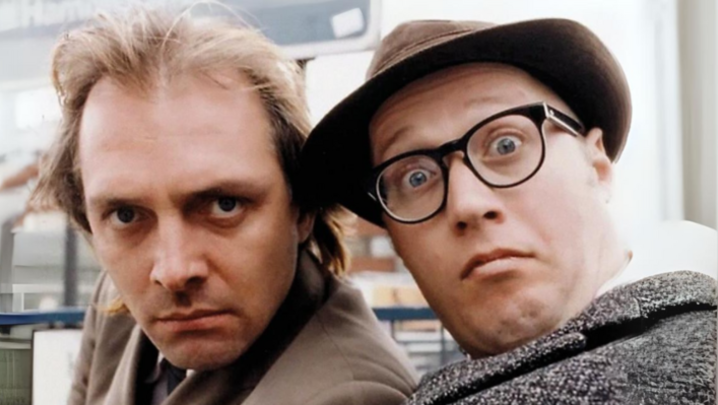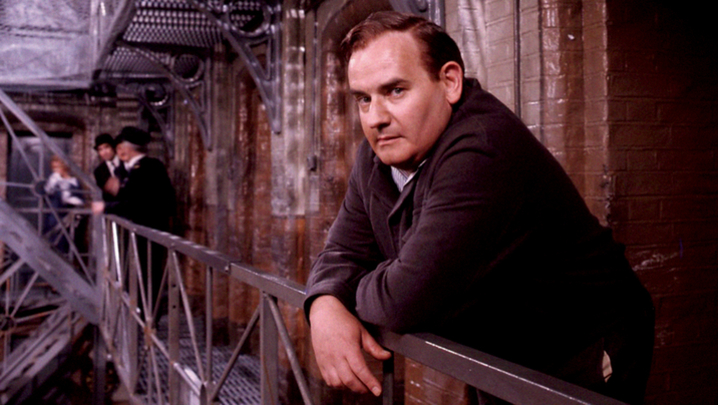Matthew Bell rewatches a seminal drama whose all-too realistic characters are mired in an institutionally sexist police force.
Prime Suspect is a police procedural, one of many over the past decades, and certainly not the first or last cop show to feature serial killers, dead naked women and mean city streets. So far, so what?
But, when Lynda La Plante’s uncompromising creation was first broadcast on ITV in 1991, a nation sat up and noticed, with more than 14 million people tuning in to watch.
Helen Mirren’s DCI Jane Tennison, appointed to head the Met’s murder squad after its boss suffers a fatal heart attack, is treated with contempt and worse by the all-male incident room.
Sergeant Bill Otley, played with venom by the late Tom Bell, declares: “I’ll make sure she gets screwed up her skinny dyke arse.” A naive colleague responds: “You don’t think she is one, do you?” To which Otley replies: “Do me a favour, what bloke would fancy that?”
TV audiences hadn’t heard language like it before on a cop show. The novelty wasn’t seeing a female officer in charge; ITV’s The Gentle Touch and the BBC’s Juliet Bravo had got there first. What was new was the viciousness of the misogyny it portrayed and it struck a nerve.
In one brilliant scene, the male officers attend a boozy, black-tie Sportsman’s Charity dinner featuring a brutal boxing bout, to which Tennison is not invited. This is what she is up against, a police force in thrall to male violence and institutionally sexist to its core.
Mirren’s performance is astonishing. She plays a complex, flawed character, who is resilient and courageous, but also vulnerable, yet at times she is as arrogant, dislikeable and narcissistic as the worst of her male colleagues.
Its legacy is surely that modern-day cop shows with female leads – Suranne Jones and Lesley Sharp in Scott & Bailey, Sarah Lancashire in Happy Valley and Nicola Walker in Unforgotten – seem so entirely normal
The genius of La Plante’s creation is that, as a police officer, Tennison is entirely believable – and very male. Fag in one hand, whisky in the other, with an obsessiveness in her pursuit of villains that has led to a messed-up personal life, she is a regendered Jack Regan from The Sweeney.
In truth, Tennison was based on Jackie Malton, a senior police officer who met La Plante while she was creating Prime Suspect.
Malton, who later became a consultant on other TV cop series, was impressed with the writing but felt it underplayed the sexism that women faced in the police. When she moved to a senior job with the Met, recalled Malton in The Guardian, she was greeted by a new colleague: “Why don’t you fuck off, you cunt – I’m not working with a woman.” In Prime Suspect, this officer became Sergeant Otley.
La Plante, who was born and raised in Liverpool, started out as an actor, even appearing in Z Cars and The Sweeney. Acting in an episode of The Gentle Touch convinced her that she could write more realistic dialogue. The proof was her first hit, Widows, in 1983, in which the wives of criminals killed when a heist goes wrong decide to carry out the robbery themselves.
In a recent interview with The Independent, La Plante said Granada Television “didn’t even want to do [Prime Suspect] to begin with – they hated it”. Granada, she says, thought that Tennison “was so unfeminine. I even got a note saying, ‘Oh god, she touches the dead body.’ They dismissed it.”
Granada changed its mind and, for its first run, Prime Suspect won three RTS Awards: Single Drama; Actor – Female, for Mirren; and Writer, for La Plante. It then ran for seven series until 2006.
Prime Suspect was groundbreaking, and other uncompromising dramas such as Cracker and Between the Lines followed. Its legacy is surely that modern-day cop shows with female leads – Suranne Jones and Lesley Sharp in Scott & Bailey, Sarah Lancashire in Happy Valley and Nicola Walker in Unforgotten – seem so entirely normal.
Prime Suspect is available on ITV Hub now, and on ITVX from 8 December.







